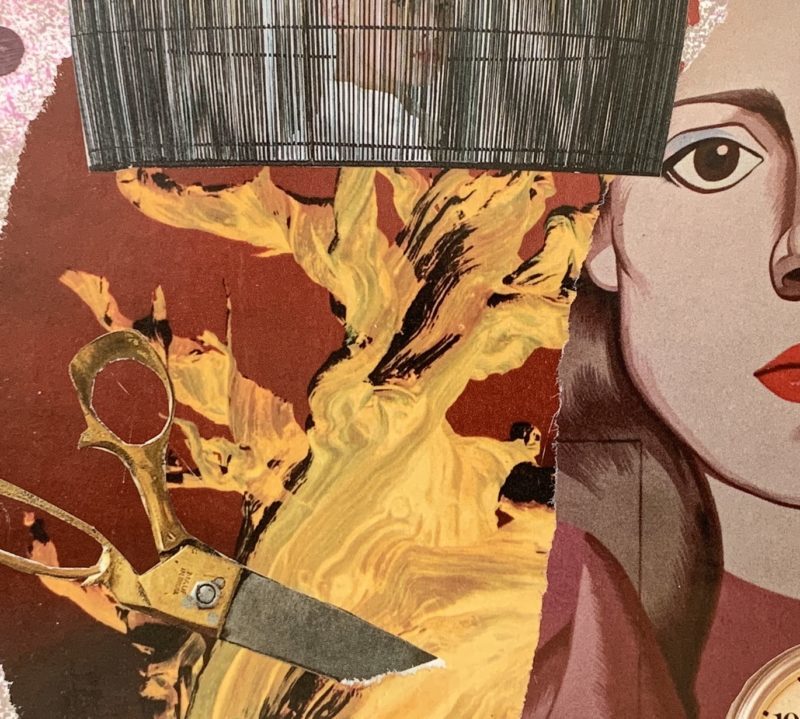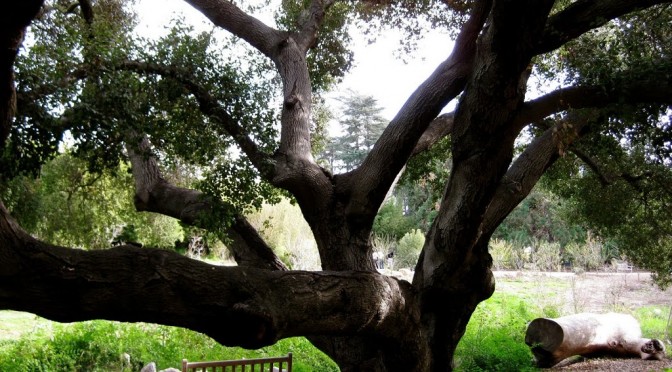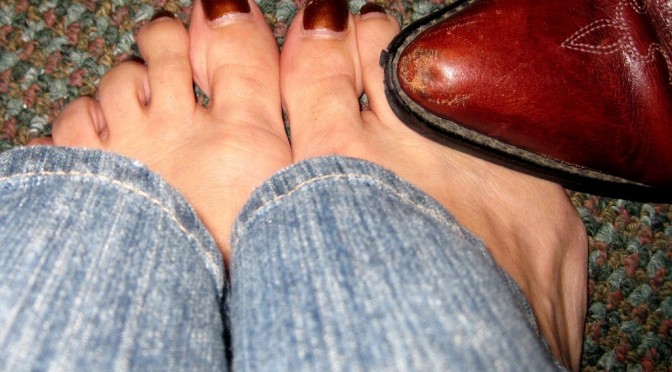Mother/Aunt
I enjoy reading about complicated family trees. I found this story interesting, given my perspective as a birthmother. It opens with a pair of sisters, one who served as an egg donor for the other’s pregnancy. It’s this story from England. Of course, there are probably a zillion other children who’ve come into the world in this fashion. Egg donation began in the 1980s. In addition, there are certainly women who’ve raised a sister’s child as their own.
A multifaceted family tree
School children are often asked to make a family tree. That’s cool. If there’s honesty and actual facts involved. It would be a fantastic way to discuss the way families are formed. It could segue into talking about two mothers, two fathers. Blended families. Kids being parented by grandparents. Or foster parents. This one lesson on the family tree could lead to a lot of discussion.
The child in the story above has a multifaceted placement on her family tree. Biologically, she is the daughter of her aunt. While the mother who is raising her is actually her aunt.
None of this complexity is anything new to me.
My family tree
My family tree would amaze you. Get out your whiteboard and some colored markers.
My father was married before he married my mother. And this previous wife of his was married before she married him. She had a daughter from that marriage. And together my father and the wife had a son. My father and his wife raised the daughter along with the son.
The daughter had a daughter of her own when she was only 16. My father and his wife helped the daughter raise her daughter. In fact they adopted her. But the wife died. My father remarried. He married the woman that would become my mother. By then the first wife’s daughter was grown up. However, the daughter’s daughter was still a kid and she went to live with my mom and dad who raised her.
I came along and thought of this girl as my sister. Or my half-sister. Actually, she was my adopted half-sister. We called her biological mother my step-sister. We called the son my half-brother. It was all kind of weird and not talked about much. I think that was because we lived in a very small, conservative Catholic town. But we knew who was who. At some point.
That small Catholic town is why I gave up my son when I got pregnant at 16. I kept my pregnancy a secret. It was necessary to survive. Only my parents and my boyfriend knew about my son.
Another complicated family
After I found my son and we planned to meet, I needed to tell my daughters they had a brother. My husband thought they were too young to understand. They were two and five. “Let’s tell them he’s a relative, and explain more when they’re older,” he said. I wanted to tell them the truth. The truth won out. I showed my daughters a picture of me and my son’s father at our senior prom.
“Mommy was in love with another guy before Daddy,” I said. “We had a baby. He’s all grown up now and he’s coming to see us. He’s your brother.” They understood perfectly. And they were super thrilled to have a big brother.
There are so many ways to form a family now. So many ways to make a baby. We need straight talk. Honest talk. The truth. If we are not ready to have conversations about egg and sperm donors, surrogate mothers, and about birthmothers and birth fathers, I believe we are doing a disservice to the child who is the result of these adventures. How can we so dearly want the child, but not his or her genetic history? Not their true story? Let’s open our arms to all of it.
My family was beyond unusual for its time and place. But I grew up loving all my siblings. And none of them was any less lovable to me. When I was a little kid, I was confused about us a bit, but once I got it, I loved my family even more.



